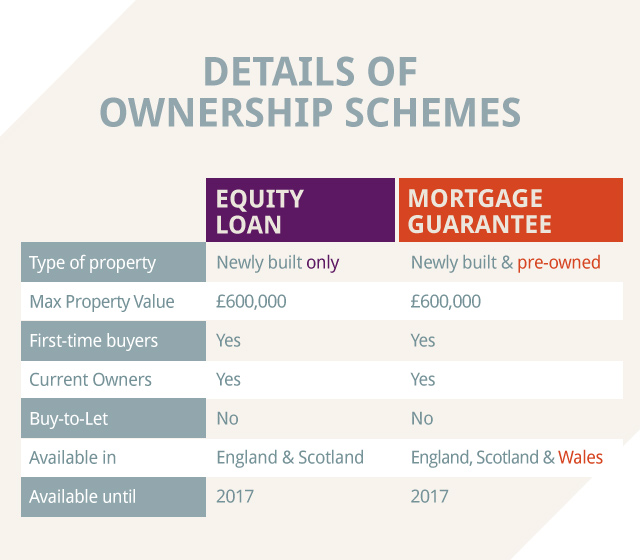A flagship policy of Margaret Thatcher, it faces abolition by
ministers who say they want to protect the stock of social housing for
those who need it.
In the meantime, the maximum discount under the right-to-buy scheme is set to be cut from £16,000 to £8,000.
The scheme will also be immediately suspended in Carmarthenshire due to local housing shortages.
The Welsh Conservatives' shadow housing minister Mark
Isherwood described the move as "an anti-aspiration,
nanny-state-knows-best decision which limits housing supply and denies
people in council properties the choice and power to buy their council
house".
Right-to-buy, one of the Thatcher government's most popular policies,
was blamed by critics for reducing the stock of social housing.
More than 130,000 houses in Wales have been bought under
right-to-buy, for council tenants, and right-to-acquire, for housing
association tenants, since 1980.
In 2003, the maximum discount in Wales was cut from £24,000 to £16,000.
Most social housing tenants in Wales currently have the right to buy their home once they have been renting it for five years.
But, since 2008, annual sales in Wales have been in the low hundreds.
Housing Minister Lesley Griffiths said she wanted to "protect social housing stock for people who really need it".
"Some of those houses have been bought through right-to-buy and ended up in the private rented sector," she said.
"I want to ensure that people who require social housing don't have to languish on waiting lists for a long period of time."
In England, where the maximum discount has been increased to up to £75,000, sales have risen sharply over the past three years.
The
act - which also renames the assembly government ‘The Welsh
Government’, mirroring the Scottish example - gives some income tax and
borrowing powers to Wales, too, although it appears that if the
principality makes any significant change to stamp duty it would have to
secure the approval of a referendum.
Stephen
Crabb, the Secretary of State for Wales, says: “I want a lasting and
fair devolution settlement that works for the people of Wales.”
Last
year Scotland - which already has powers over its own level of stamp
duty - scrapped SDLT complete and replaced it with a
progressively-stepped Land and Buildings Transaction Tax, which comes
into effect in April.
It includes 10 per cent and 12 per cent thresholds of tax to be paid by purchasers when transacting a property.
